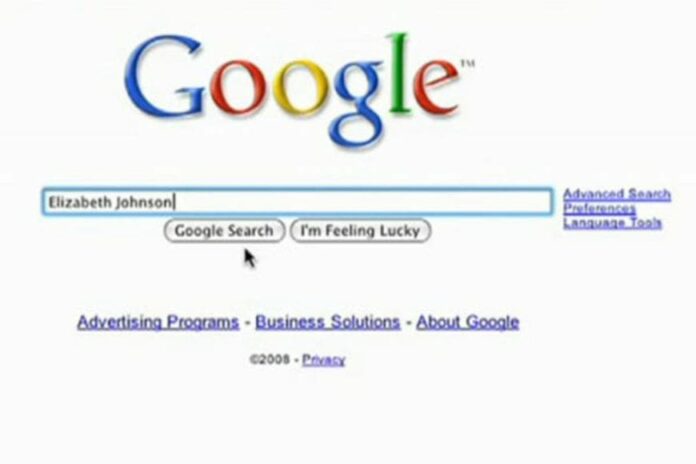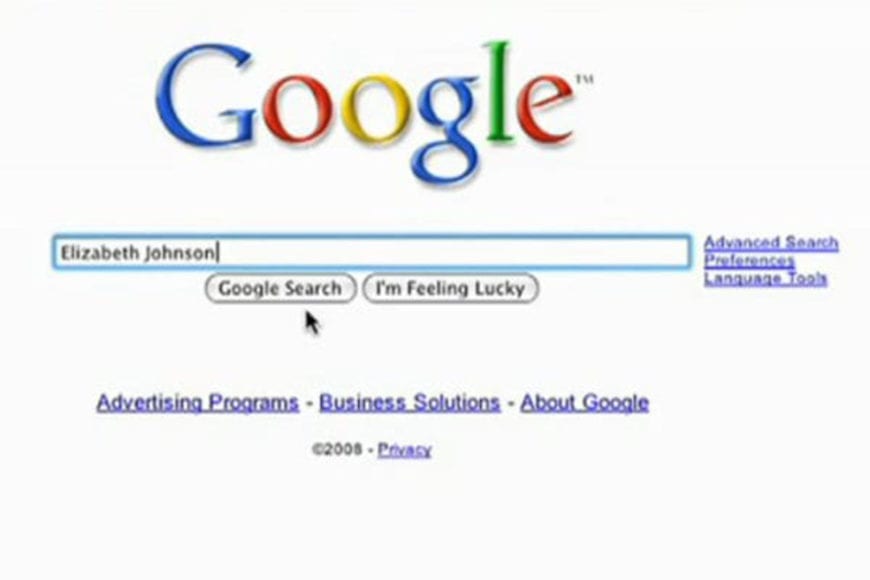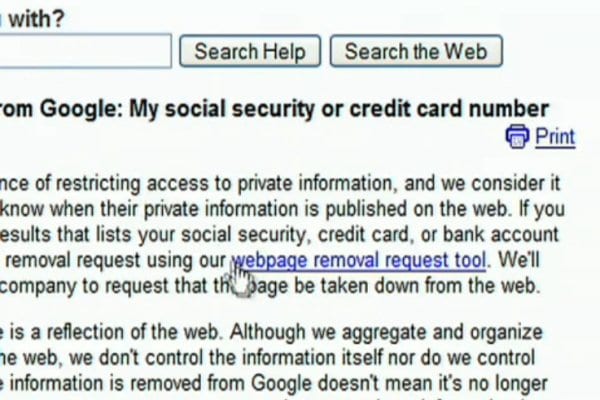
As the web technologies advance, it’s getting increasingly important to know how to find and control what’s posted about you online.
One easy way to find out what information is posted about you online is to search for your name in a search engine. When you see results come up for your name, you might like what you see, like the fact that the editorial you wrote for your local paper is online for everyone in your community to read.
But some of the online information that’s associated with your name may be information you wish weren’t there. So, how can you manage your online reputation and get this information associated with your name removed from search engines?
Well, let me step back a minute and explain how search engines work. Search engines are a reflection of all the content and information that’s available on the Internet. Think of them as a virtual card catalogue in a library, that is the internet.

So, if you want content that you find through a search engine removed from the Internet, the best thing to do is to contact the webmaster of the site. How do you figure out who this site’s webmaster is? You can usually find a webmaster’s name and Email address at the bottom of a web page.
Sometimes it will take more than one Email to a webmaster to get the content removed. So if it’s important to you, you should be persistent.
Once content is removed from a website, that content should no longer appear in search results, although it sometimes takes several weeks for search results to reflect the change.

For really sensitive information, such as your social security, credit card, or bank account numbers, you can usually get in touch with a search engine directly. {Image 3} The search engine will contact the site’s hosting company to request that the page be taken down from the web.



























